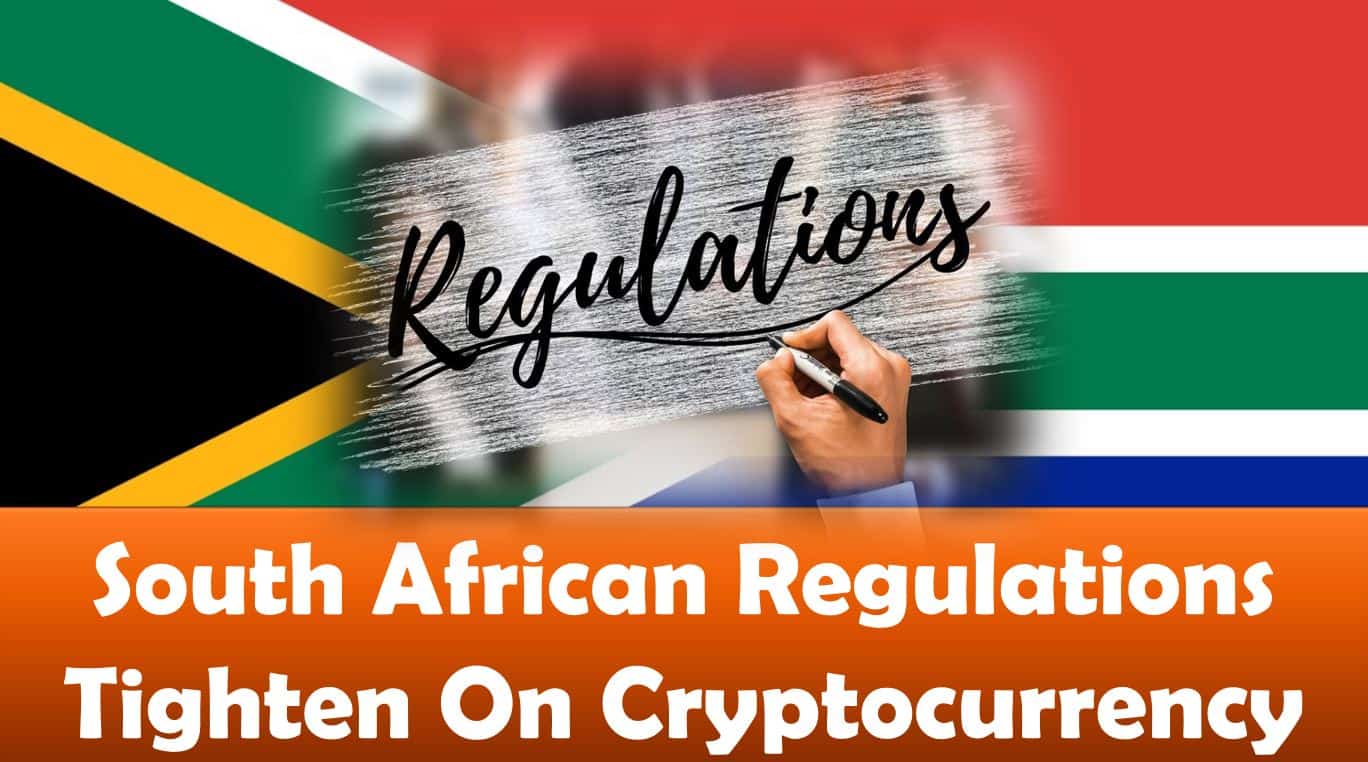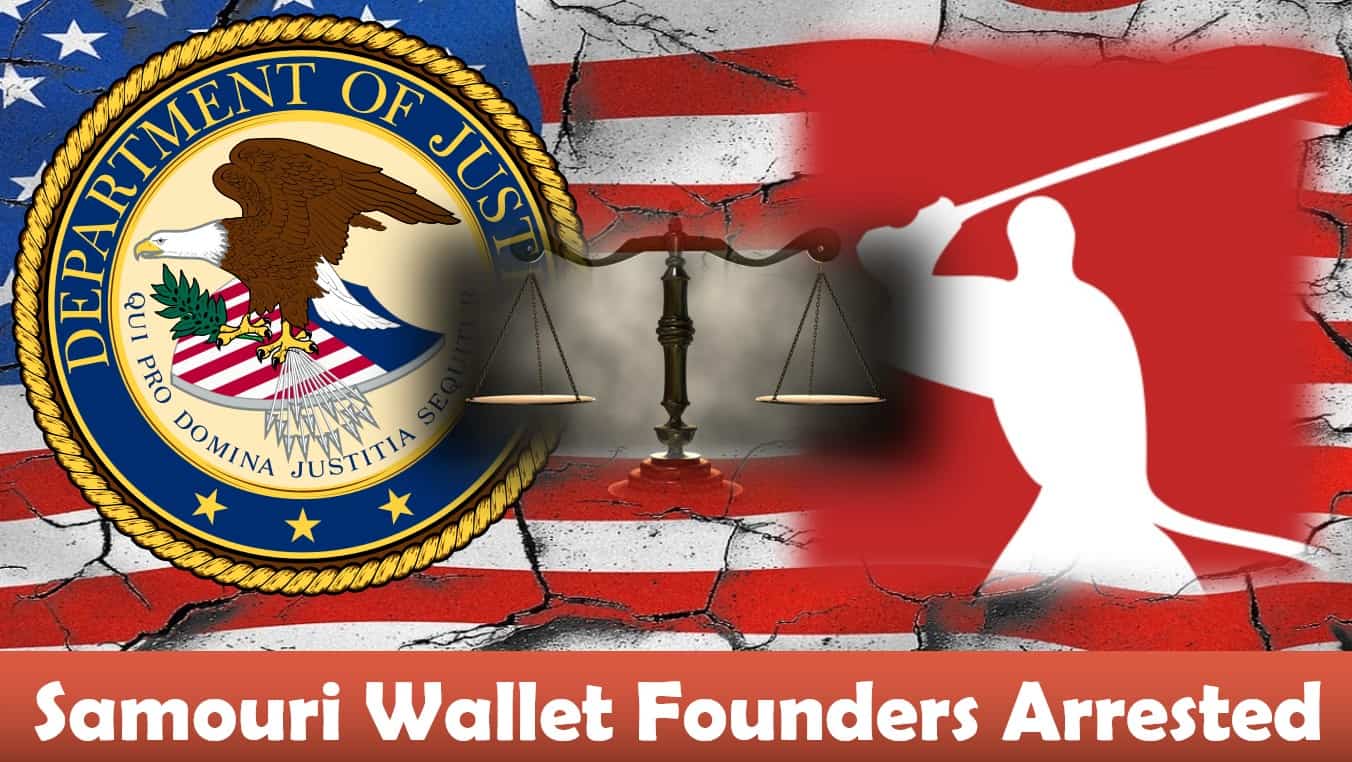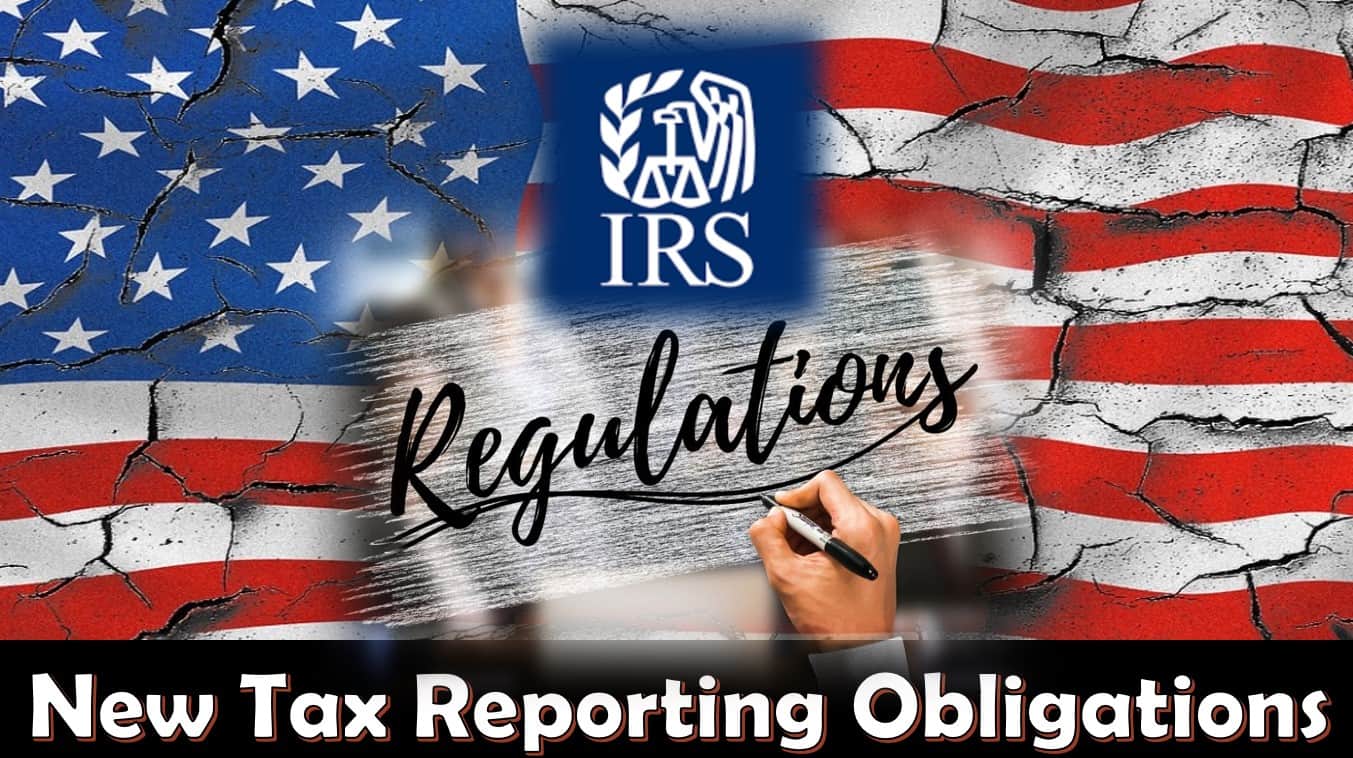
South African Regulations Tighten On Cryptocurrency
Last updated on November 1st, 2022 at 01:03 am
South African financial watchdog, the Financial Sector Conduct Authority (FSCA), wants to intensify efforts to regulate all digital assets in the country.
The proposal is coming following the recently increased market activities within the crypto sector and the rise in fraud cases in the crypto industry.
The structure of African crypto regulation is a dysfunctional one, as the level of adoption of digital assets as currencies are very low.
However, in some African countries, the level of adoption is picking up. Singer and entrepreneur Akon is building a crypto city on the continent and other countries are already talking about taxation of cryptocurrency.
Even though there is no recognized regulatory structure in Africa, they still use crypto. But with the increased interest of crypto assets in the region, fraud came along.
As a result, some of the governments are planning to expand their existing financial regulatory framework to carter for crypto assets as well.
South Africa’s top financial regulator made its proposals to closely monitor the growing market and maintain order.
Earn Passive Crypto Income With CashFX
The Second Proposed Crypto Regulation
This is not the first time FCSA has proposed a crypto regulation. When it proposed a regulation on the sector last year, the proposal did not see the light of the day.
Last year November, the regulator directed all intending and current financial trading firms to register their organizations. The regulator also wanted to find out the number of crypto trading platforms in the country.
The proposal classified digital assets as financial commodities, according to the Financial Act of 2020. It stated that the interpretation of the law makes the regulation of digital assets within the confines of the law.
However, the regulation didn’t regard digital assets like currencies, but the regulatory structure was particularly set up to fight crypto-related frauds.
But the earlier proposal failed due to a lack of implementation agenda. Since then, the crypto market in South Africa has continued in its unregulated state.
Crypto fraudsters are still peddling their fraudulent activities in the market, deceiving intending investors with bogus and unrealistic returns in their investment. As a result, the financial regulator has come out the second time to put things right.
This decision is probably fueled by the fallout from the largest Ponzi scheme in South Africa, where Mirror Trading International (MTI) ripped off more than 25,000 investors in the country.
MTI scammed investors of more than 20,000 BTC worth about $740 Million, after promising them high returns of 10% on monthly ROI.
Trying To Protect Investors
Last month, a provisional liquidation order was granted to MTI by a South African court. However, the company’s liquidators shocked everyone after saying the company didn’t maintain any sort of accounts or records for the investors. The only link the investors have with the firm is a list of unique email addresses recovered from the firm during a raid by authorities in October od 2020.
Before then, the mastermind of the Ponzi scheme and Chief Executive of the company Johan Steynberg fled the country, with no trace of his whereabouts. Even the management team of MTI channeled the blame of everything to Steynberg, with all of them claiming he also misled and scammed them.
These events are part of what has prompted the South African watchdog to propose a standard regulatory system on digital assets to curb the activities of fraudsters and protect investors.
Disclaimer
The information provided here is for INFORMATIONAL & EDUCATIONAL PURPOSES ONLY!
View our complete disclaimer on our Disclaimer Page








